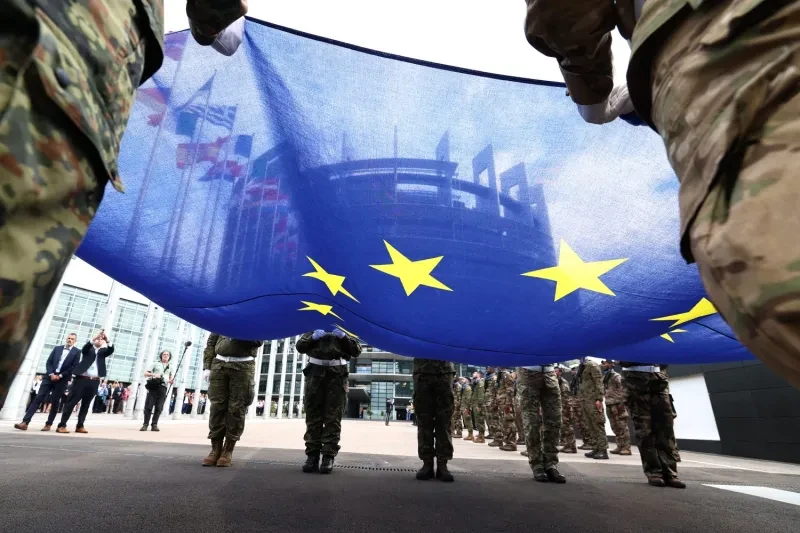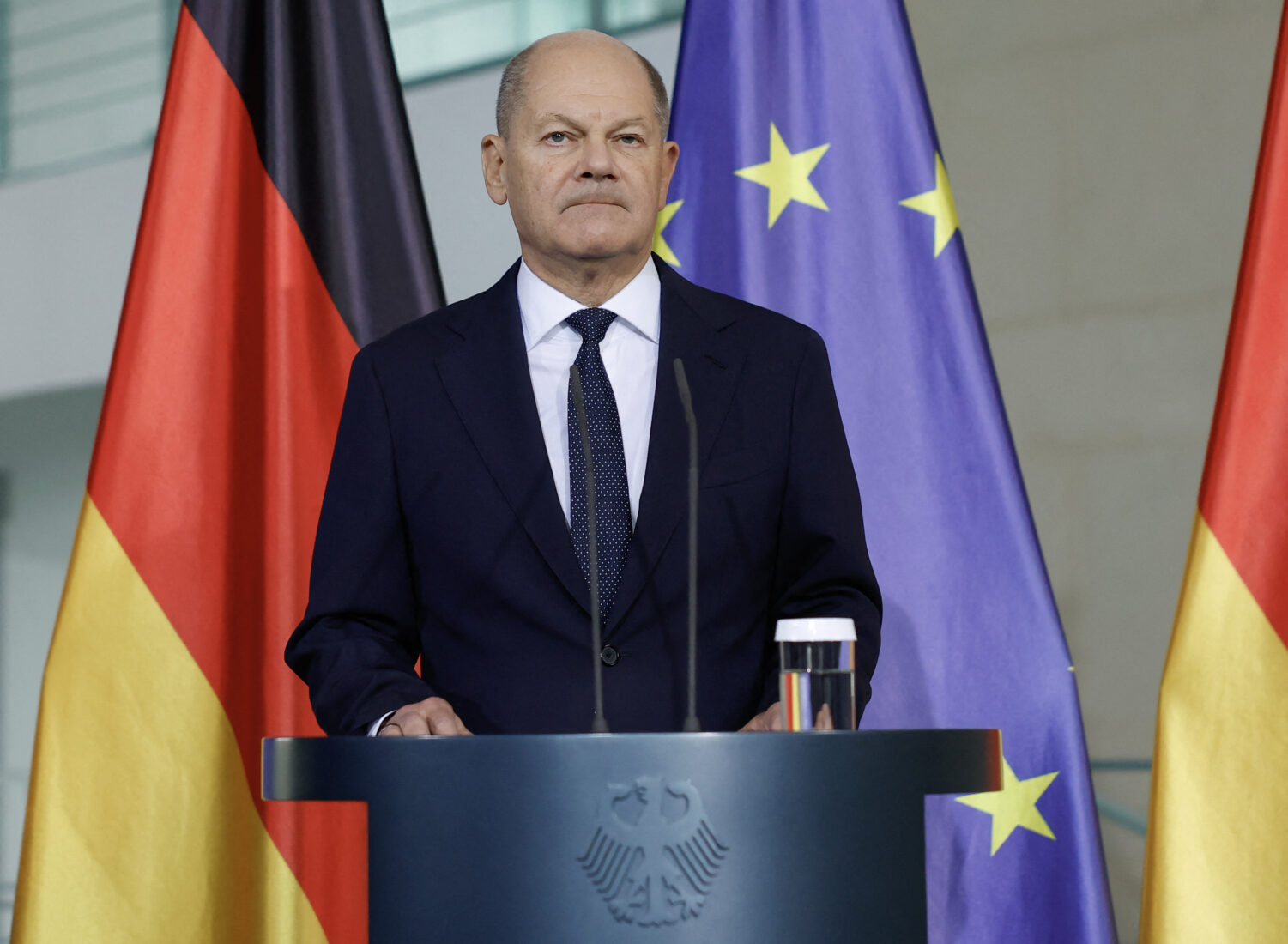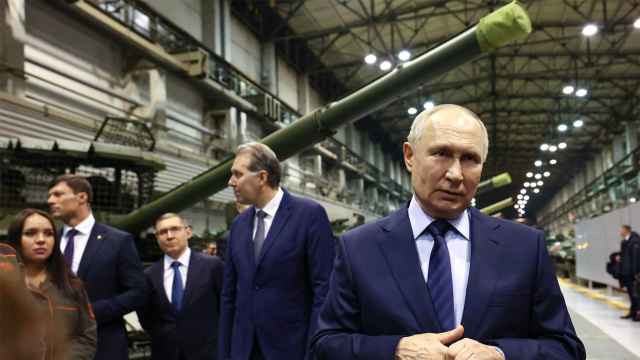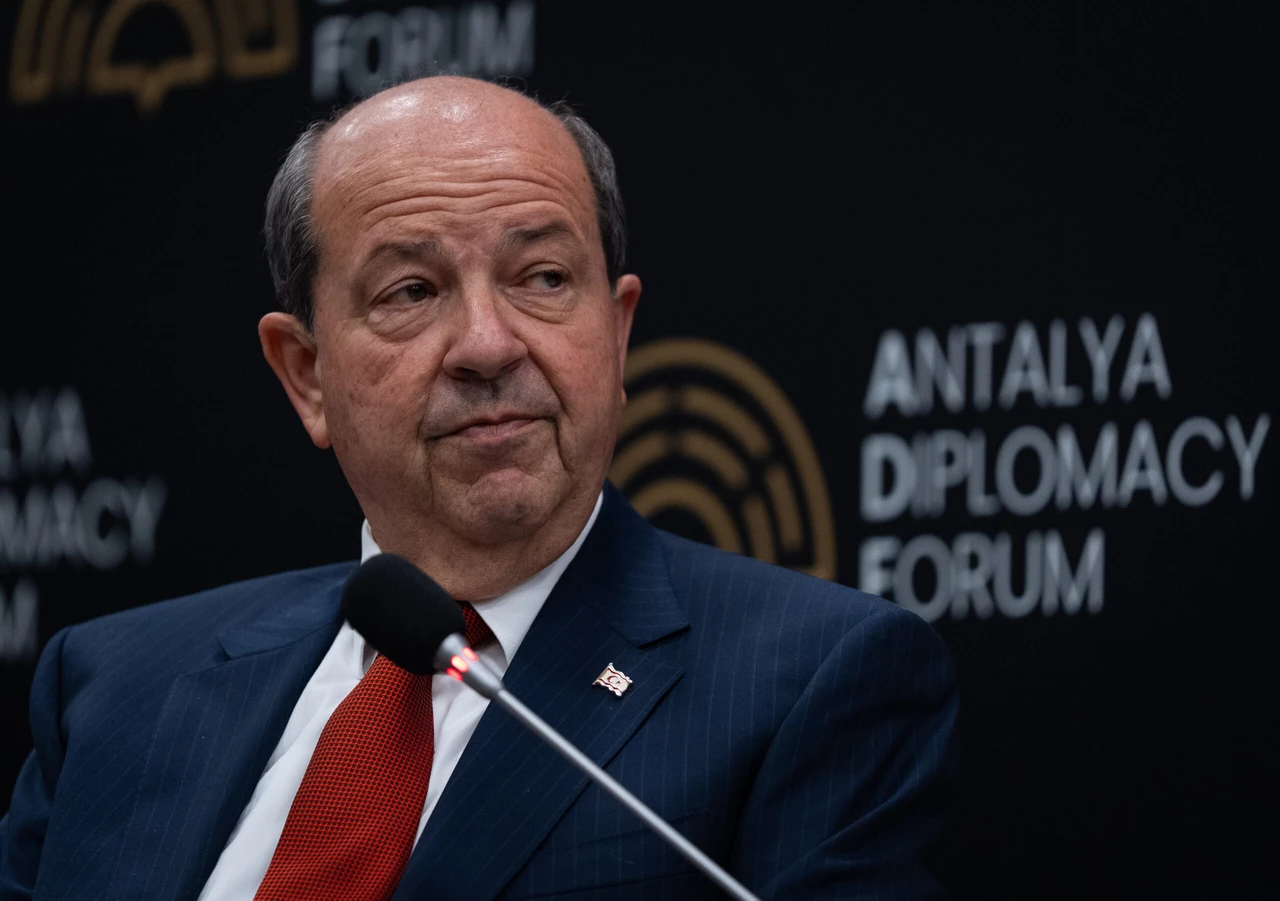Brussels to redirect EU funds to defense amid rising tensions, reports Financial Times
 Eurocorps soldiers carry a European Union flag during a flag-raising ceremony in front of the European Parliament building in Strasbourg, France, on July 15, 2024. (AFP Photo)
Eurocorps soldiers carry a European Union flag during a flag-raising ceremony in front of the European Parliament building in Strasbourg, France, on July 15, 2024. (AFP Photo)
Brussels is planning to shift tens of billions of euros, roughly a third of its budget, to boost defense and military mobility as the war in Ukraine intensifies and geopolitical tensions rise. This marks a significant policy adjustment, allowing EU countries more flexibility in allocating cohesion funds for military needs, according to the Financial Times.
Why it matters?
As Russia’s war in Ukraine continues and Donald Trump returns to the White House, pressure on the EU to strengthen its defense sector grows. EU countries, especially those on the Eastern border, are ramping up military spending to secure the region’s safety and Brussels is shifting resources to support this goal.
What’s happening?
- Brussels will allow more flexibility in using its cohesion funds, traditionally aimed at reducing economic disparities, to support military mobility and defense projects.
- The policy shift could provide funding for military infrastructure, such as reinforced roads and bridges for tanks, but restrictions on direct arms purchases will remain.


Focus: Defense over development in EU
Germany, in particular, has been advocating for greater defense spending, citing poor infrastructure and the need for a $175.2B overhaul of its transport network. The policy shift is also welcomed by Poland and the Baltic states, which are rapidly increasing military expenditure in response to the Russian threat.
What’s next?
EU countries will begin reallocating funds to military projects, with some regions likely to use these funds for critical infrastructure. The shift is part of a broader strategy, with the next budget set to focus even more on defense.
Impact
While some regional governments worry about the potential diversion of funds from other priorities, others are relieved that defense projects lacking private investment will receive much-needed support.
European leaders will continue to negotiate the balance between defense, green transition, and cohesion priorities as the next budget cycle approaches.



